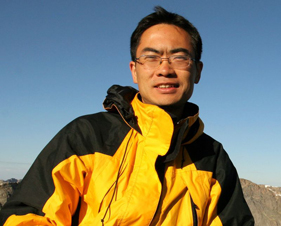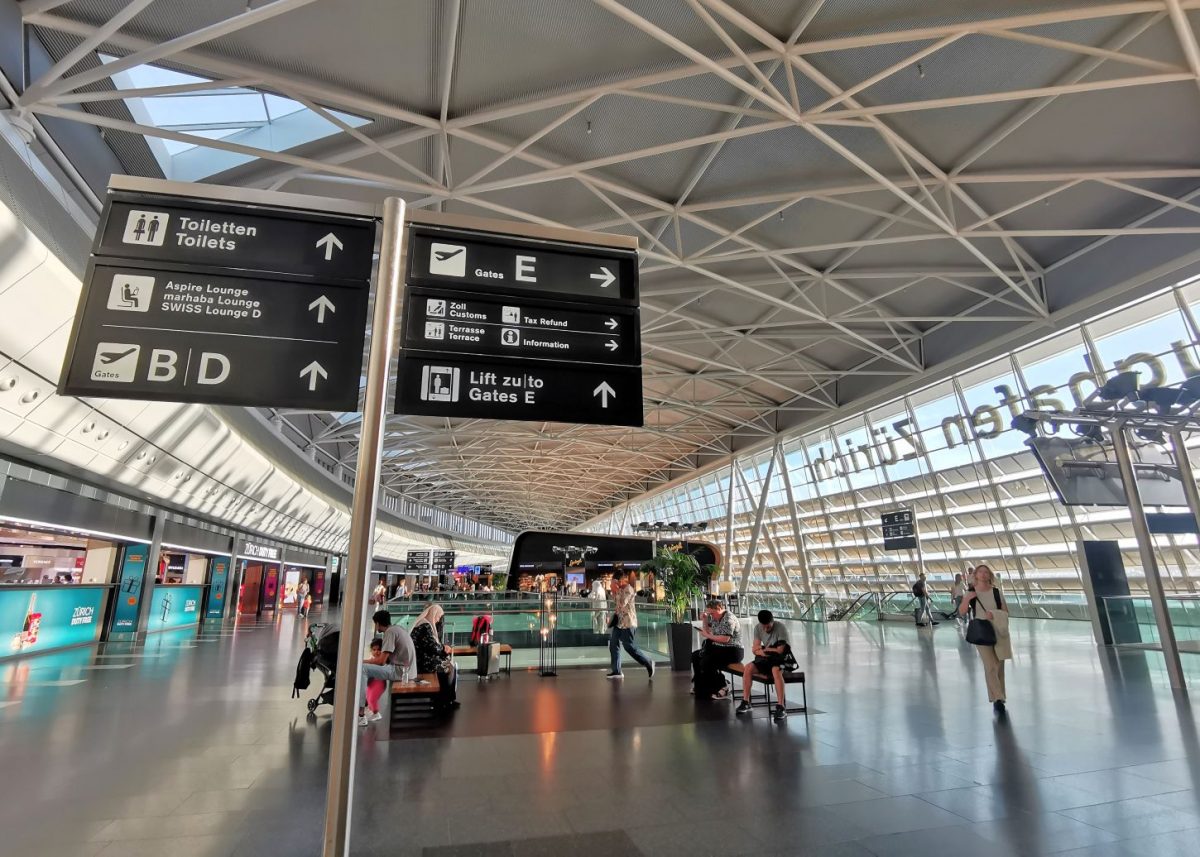Seeing the real China: new Chinese company combines tourism and philanthropy

Victor Zhao
Two years ago, Chinese-born and U.S. educated Victor Zhao left a prominent position at McKinsey & Company’s Shanghai office to start RealChina, China’s first responsible tourism company.
RealChina’s crew of expert travel guides give customers an insiders view to some of the country’s most majestic locales combined with the opportunity to make a difference in the lives of the local people through service oriented projects.
10% of all RealChina’s travel profits go to the local areas visited. This is Victor’s story…
MORE PICTURES: blog.socialventuregroup.com/photos/svg_donor_projects/index.html
blog.socialventuregroup.com/photos/drinks_for_a_cause/index.html
"I’m a big fan of traveling and was long before I went to America. When I was traveling in China, especially in remote places, I realized that the people there were very poor and in great need of help.
Tourism is booming quickly in China; however, often, touristic development means destruction of the local environment and diminishing of traditional culture at the same time. When I was at McKinsey, I worked on a project right after the Sichuan earthquake. The focus was to develop a long-term strategy for travel and economic development in Sichuan. That was the trigger for me and made me realize I could do something to make a difference.
Our business model is to leverage the tourist side to benefit the local community, the environment, and the wildlife at the travel destination; on the other side, the visitors benefit from doing meaningful things and seeing real impact. It is basically a win-win model for all of the stakeholders, including the local community, the environment, the tourists, the wildlife even the local government. We work as the event/program designer, the coordinator, and the end-to-end tour service provider.
We did a lot of field studies to screen for places in western China that are good for charity tourism. They have to have a sound combination of the following: low-income local communities in need of help, wonderful landscapes, unique culture, acceptable hospitality conditions, and support from local government. We integrate these sites with other handpicked most worth-visiting places in a customized way to ensure the tours we provide are the most rewarding experience for visitors.
Even though I have run this company for only one and a half years, my partner has been in the tourism industry for more than ten years. We have several very classical tours, mostly in western China. My partner is a very experienced guide for foreigners, so we know how to serve them well.
We usually try to avoid the really touristy sites and opt more for places where people can gain a unique experience. Additionally, we have a reliable network of very experienced guides and local experts in different provinces.
We try to avoid giving money directly to the local people. We’d rather provide some sort of method to give them a better life. So money from trips goes to the projects that we are running.
We directly contact the local people. I have been invited by the Sichuan government to develop regional tourism. I have relationships both with the local people and governments [in the areas we tour]. We check up with them every time we visit the place, and we usually have one or two experts who either work in the local government or are locals who would like to provide help. They take care of our projects when we are not there.
There is a whole range of activities to do. For example, we have a remote village where local people cut down trees to get heat during the winter. Visitors can plant trees where the local people have cut them down. If we have a larger group, we might build a gas tank underground in that area which will solve the long-term problem.
Another example would be to teach local students, giving them lessons that involve all kinds of topics like environmental protection. Our customers might also bring books and other things to benefit the schools. There are other fun activities such as joining the wedding ceremonies of locals, feeding yaks, learning to make buttermilk tea and chatting with senior lamas in some holy temples.
We hope the visitors we served are happy because they had a wonderful experience. We hope the local people are happy because they got some help, and we hope the local environment is protected. (We also hope that we, as a company, survive and grow.)
I hope more people can get involved and get used to this kind of traveling. Originally my major target was foreign visitors, but my long-term hope is that I can also inspire Chinese customers.
This is not easy for many reasons, but we have just developed one set of products specifically aimed at high-end and well-educated Chinese families living big cities.
Edited by Valere Tjolle
Valere Tjolle is editor of the Sustainable Tourism Report Suite, special offer at: www.travelmole.com/stories/1142003.php
Valere
Have your say Cancel reply
Subscribe/Login to Travel Mole Newsletter
Travel Mole Newsletter is a subscriber only travel trade news publication. If you are receiving this message, simply enter your email address to sign in or register if you are not. In order to display the B2B travel content that meets your business needs, we need to know who are and what are your business needs. ITR is free to our subscribers.









































Germany new European Entry/Exit System limited to a single airport on October 12, 2025
Airlines suspend Madagascar services following unrest and army revolt
Qatar Airways offers flexible payment options for European travellers
Air Mauritius reduces frequencies to Europe and Asia for the holiday season
TAP Air Portugal to operate 29 flights due to strike on December 11